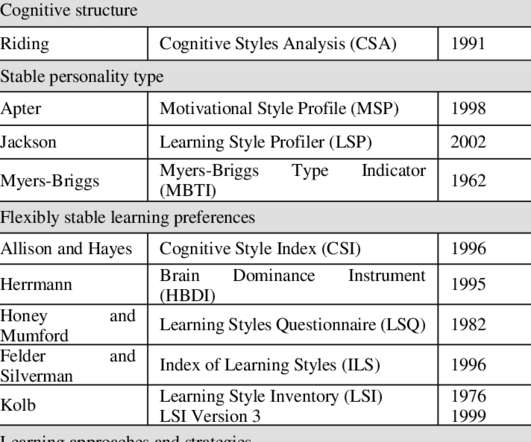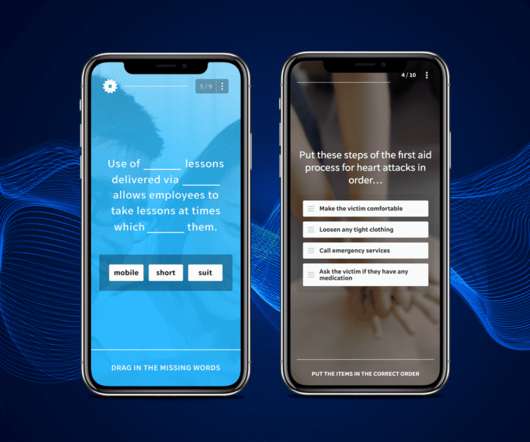Localization: Training and Development in Ecuador
The Logical Blog by IconLogic
MAY 15, 2014
Similarly, be careful not to exhibit a sense of American superiority, as many Ecuadorians are sensitive to this attitude. Ecuador was previously conquered by Spain and has also faced many border disputes with Colombia. Ecuadorians tend to make decisions on a case-by-case basis rather than using universal laws or standards to guide behavior.








































Let's personalize your content